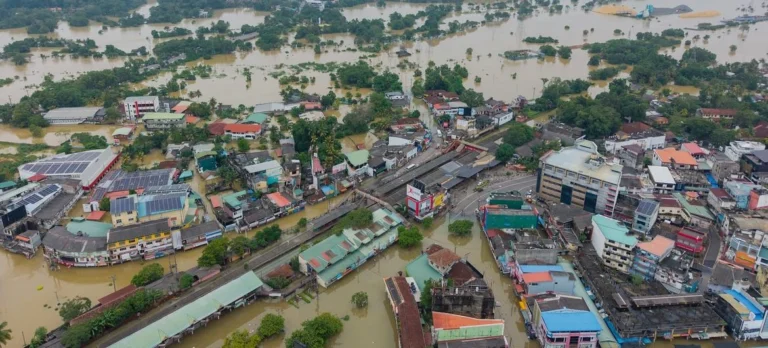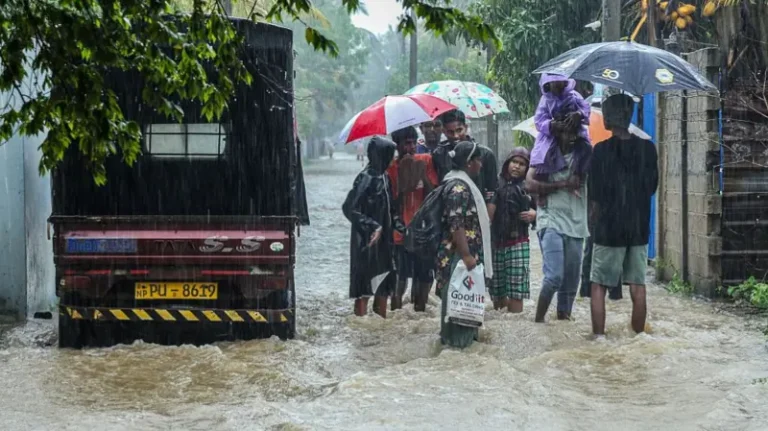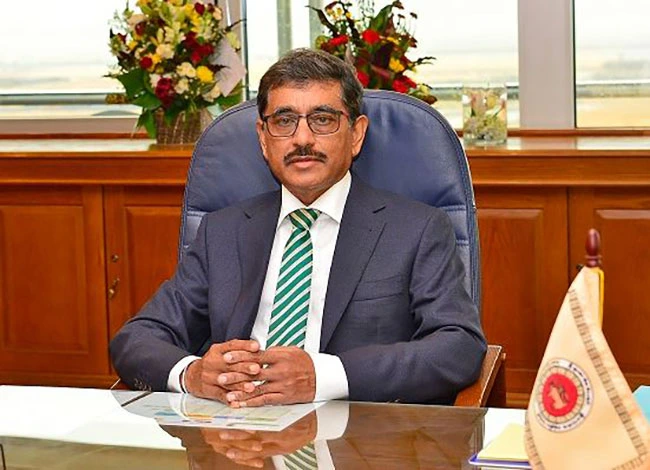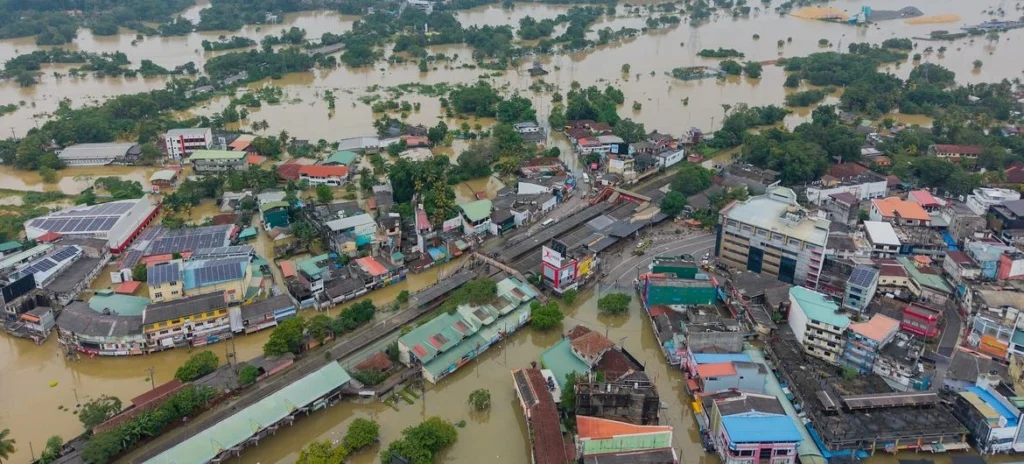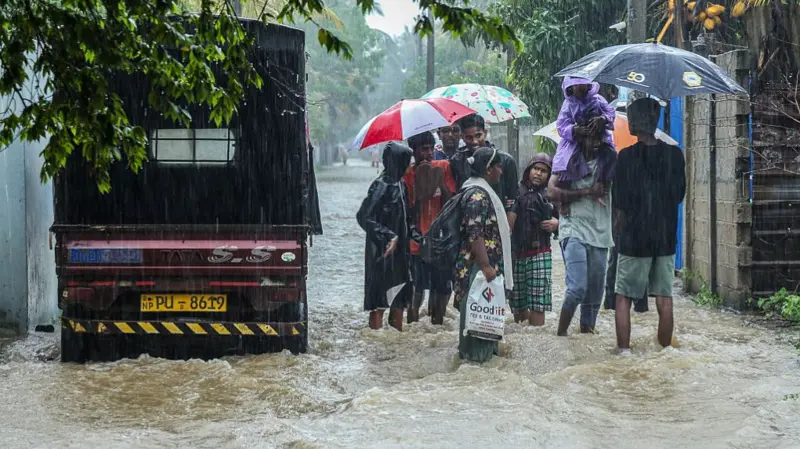The issue of land ownership in Sri Lanka has been a longstanding challenge, particularly for the poorest segments of society. Land, as a fundamental asset, is not just a source of economic stability but also a powerful social indicator that influences one’s status, security, and overall quality of life. In this context, President Ranil Wickremesinghe’s initiative to grant permanent land ownership to those without land stands as a significant milestone in Sri Lanka’s journey toward social equity and community development. This policy is not just about land distribution; it is a profound statement of the government’s commitment to uplifting the lives of the marginalized and fostering sustainable agricultural development.
The Historical Context of Landlessness in Sri Lanka

Landlessness in Sri Lanka has deep historical roots, dating back to colonial times when large swathes of land were controlled by a few, leaving the majority without access to this critical resource. Post-independence efforts to redistribute land have had varying degrees of success, but the issue has persisted, particularly among the rural poor. For many, landlessness has meant a life of perpetual poverty, with little hope of breaking the cycle. Without land, these individuals are often excluded from agricultural development programs, unable to secure loans, and left without a tangible asset to pass on to future generations.
The absence of land ownership has been a critical factor in the marginalization of the poorest of the poor, particularly in rural areas where agriculture is the primary source of livelihood. The lack of access to land has meant that many families remain trapped in poverty, unable to participate in the economic opportunities that arise from agricultural development. This has not only affected their economic status but has also had profound social implications, leading to a sense of disenfranchisement and exclusion from the broader community.
President Wickremesinghe’s Vision for Social Equity

President Wickremesinghe’s decision to grant permanent land ownership to those without land is a bold and visionary step towards addressing this deep-rooted issue. By providing permanent land ownership, the government is empowering individuals and families to take control of their futures. This initiative recognizes land as more than just a physical asset; it is a means to economic empowerment, social stability, and community development.
Permanent land ownership transforms the lives of those who receive it. It provides them with the security of tenure, enabling them to invest in their land, improve agricultural productivity, and secure their economic future. It also offers them the opportunity to access credit, as land ownership is often a prerequisite for obtaining loans. This, in turn, can lead to further economic opportunities, such as starting small businesses or improving existing ones. Moreover, land ownership provides a sense of dignity and belonging, reinforcing their role as active members of society.
Addressing the Agricultural Development Gap

One of the most significant impacts of landlessness has been the exclusion of the poorest from agricultural development. Without land, these individuals are often unable to participate in government programs aimed at improving agricultural productivity. They are left out of training programs, unable to access improved seeds or fertilizers, and often find themselves working as laborers on other people’s land, earning a meager income that barely sustains their families.
By granting permanent land ownership, President Wickremesinghe’s government is directly addressing this gap. Land ownership opens the door for these individuals to become active participants in agricultural development. They can now access government support, invest in their land, and increase their productivity. This not only improves their economic situation but also contributes to the overall growth of the agricultural sector, which is a critical component of Sri Lanka’s economy.
Land Ownership as a Social Indicator

The granting of permanent land ownership is a powerful social indicator that reflects the government’s commitment to social equity. It signals a shift towards a more inclusive society, where the needs of the poorest are prioritized, and where everyone has the opportunity to improve their quality of life. Land ownership is a symbol of stability and security, and its distribution to the landless is a clear statement that the government values the contribution of all its citizens, regardless of their economic status.
Moreover, this policy has the potential to break the cycle of poverty that has trapped so many families for generations. With land as an asset, families can improve their living conditions, invest in education for their children, and build a better future. This has far-reaching implications for social mobility, as it provides a pathway for the next generation to rise out of poverty and contribute more fully to society.
The Broader Impact on Community and National Development
The benefits of granting permanent land ownership extend beyond the individual recipients. When more people have secure ownership of land, entire communities benefit. Economic activity increases as landowners invest in their properties, leading to improved infrastructure, better access to services, and a more vibrant local economy. This, in turn, contributes to national development, as stronger communities lead to a stronger nation.
Furthermore, this initiative supports the government’s broader goals of social cohesion and national unity. By addressing landlessness, a key source of inequality, the government is helping to reduce social tensions and foster a sense of shared purpose. This is particularly important in a country like Sri Lanka, where historical divisions have sometimes undermined national unity. By promoting equitable land distribution, the government is laying the groundwork for a more harmonious and united society.
Conclusion: A Commitment to a Better Future
President Wickremesinghe’s initiative to grant permanent land ownership to the landless is a testament to his commitment to social improvement and community development. It addresses a critical issue that has long been a source of inequality in Sri Lanka and provides a pathway for the poorest to improve their lives. This policy is not just about economic empowerment; it is about affirming the value of every citizen and ensuring that everyone has the opportunity to contribute to and benefit from the nation’s progress.
As this initiative continues to unfold, it will undoubtedly have a profound impact on Sri Lanka’s social fabric, strengthening communities, reducing poverty, and fostering a more inclusive society. It is a bold step towards a future where land ownership is not a privilege for the few, but a right for all, and where the government’s commitment to social equity is reflected in the lives of its people.


